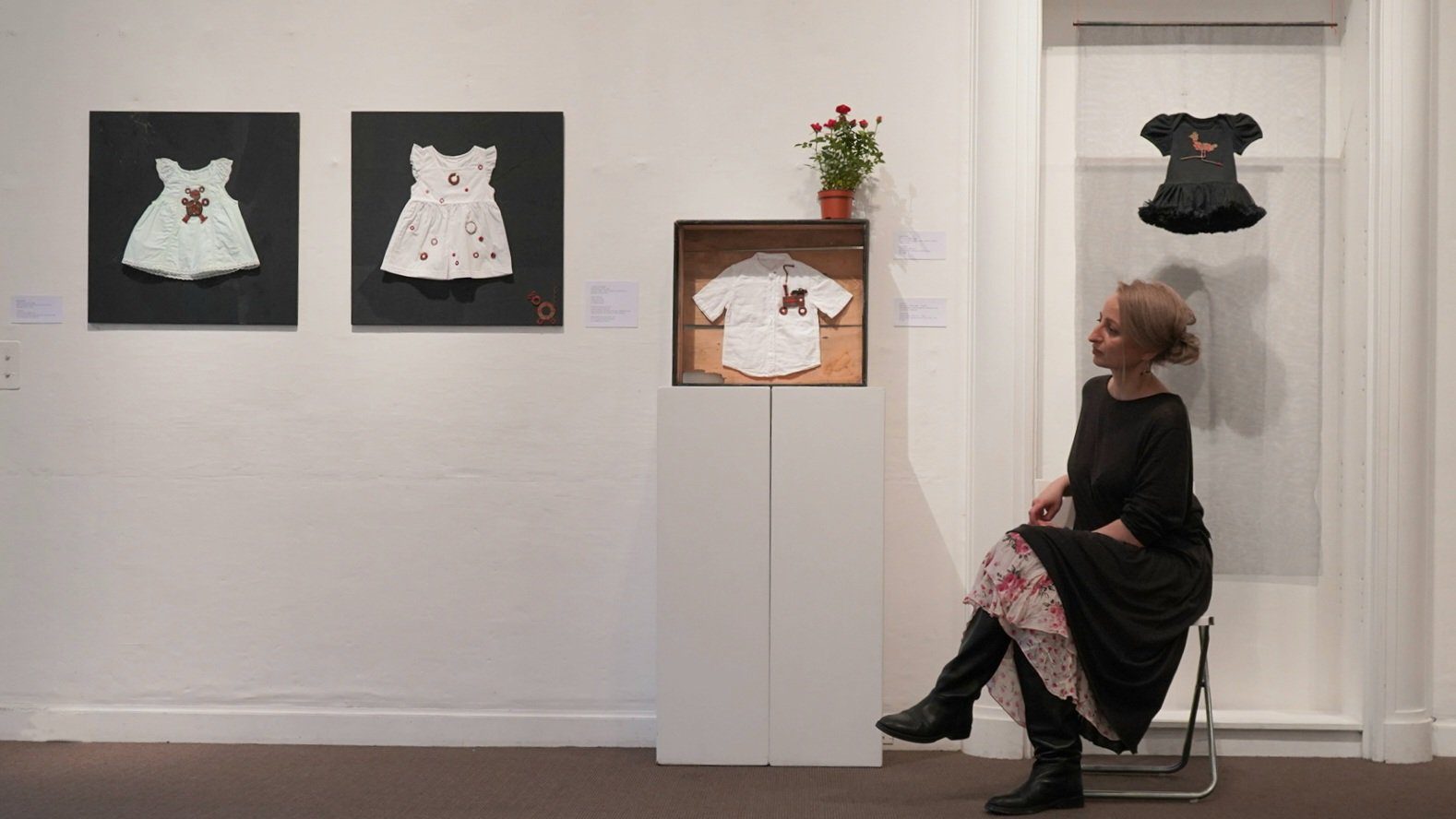This post is also available in: Bosnian
The International Criminal Tribunal for Rwanda, ICTR convicted 61 people of genocide and other crimes committed in 100 bloody days in 1994 when around 800,000 people were massacred in the east African state.
Jallow, a Gambian lawyer who became chief prosecutor at the ICTR in 2003, said that the genocide in Rwanda was easy to prove but difficult to prosecute.
“What happened in Rwanda was evident and in full public view in the times of killings of Tutsis and moderate Hutus. It was clear the killings were carried out with genocidal intention, with the intent to eliminate Tutsis as an ethnic group,” he said.
He said that the Rwanda prosecution mostly relied on witness testimonies and that this resulted in complications.
“Sometimes people were fearful to come and testify, so special conditions of protection had to be designed in order to protect them. Some of the witnesses were accomplices as well, it raised issues of credibility. Some of the witnesses were insiders, top-level people in the establishment who were now testifying against their former colleagues,” he added.
As time passed, Jallow said that some witnesses were no longer available, some died or moved far away, and some were unwilling to testify.
“We had to replace them, find new witnesses… But nonetheless we had thousands of witnesses who came from Rwanda and other countries. Most of them came without any protection and they came freely and testified and returned home. The Tribunal is very grateful to them for their actions,” he said.
He said that in time, the Rwandan tribunal accepted that genocide took place, so during cases it was only necessary to prove the role of individuals in the massacres.
Personal Identification Cards
The manner in which crimes were committed in Rwanda, according to Jallow, gave a clear indication that some individuals should be tried for genocide and not for a lesser crime.
“The killings were committed with the intention of eliminating the group. It targeted the Tutsis as a group. For instance, roadblocks were set up throughout the country, with the military people together with the militia of the ruling party and they looked for the Tutsis. Everybody who past a roadblock – and you had to at some points because they were all over the place – you had to show your identity card. At that time the cards identified Tutsis by ethnicity. If your card said you were Tutsi, you would be automatically killed at the roadblock. If you said you didn’t have a card, you suffered the same fate,” he explained.
He added that some killings took place in churches and other public places where thousands sought refuge. Tutsis were taken out and killed.
According to the prosecutor, the Rwandan radio station Mille Collines played an important role in the massacres.
“The public was asked to look, to hunt for Tutsis and eliminate them. Sometimes even mentioning specific names of families and individuals and tell people were to find them. All that evidence was there and was presented at the court,” said Jallow.
The Rwandan tribunal was the first to make a finding on genocide according to international law. Out of 93 defendants, 61 people were convicted of this crime.
Former high-ranking government and military officials, as well as paramilitary leaders were found guilty of crimes, while media workers were convicted of inciting crimes and genocide. A woman was also convicted of this crime for the first time before the ICTR.
The Tribunal also set a precedent by declaring that sexual violence can be used as a tool to commit genocide.
“Our verdict was first judgment on genocide and it was a landmark decision apart to be first. It provided new definition of a rape. It recognises sexual violence can be an element of genocide to the extent that the rapes and other assaults on the dignity of woman have been used as a way of destroying of Tutsis as a group,” Jallow explained.
He said that sexual violence was extremely widespread in Rwanda and it is estimated that a quarter of a million woman were abused.
Admitting Genocide
Jallow said that about a dozen defendants admitted their guilt, but, interestingly, none of them pleaded guilty to sexual abuse.
“We have dropped certain allegations but we didn’t drop the count. In the guilty plea negotiations, even though sexual violence was widespread, none of those who pleaded guilty agreed to plead guilty to sexual violence. They rather pleaded guilty to genocide,” he said.
He said that genocide is no longer an issue that is disputed in Rwanda because the authorities passed a law to forbid denial of the crime.
“When so many people had been killed and when international courts and national courts founded the genocide had occurred, I think it would be really offensive to survivors and to the memories of victims for people to be allowed in the name of free speech to deny and question the occurrence of genocide. The Rwandan government took the right step in criminalising its denial,” he argued.
The Rwanda tribunal is expected to close this year and the legacy of the court will be discussed for some time, Jallow believes.
“In our practices – both from the successful things we did and our failures as well – we provided lessons that can be useful to national courts and the International Criminal Court on how to or how not to do certain things,” he concluded.





